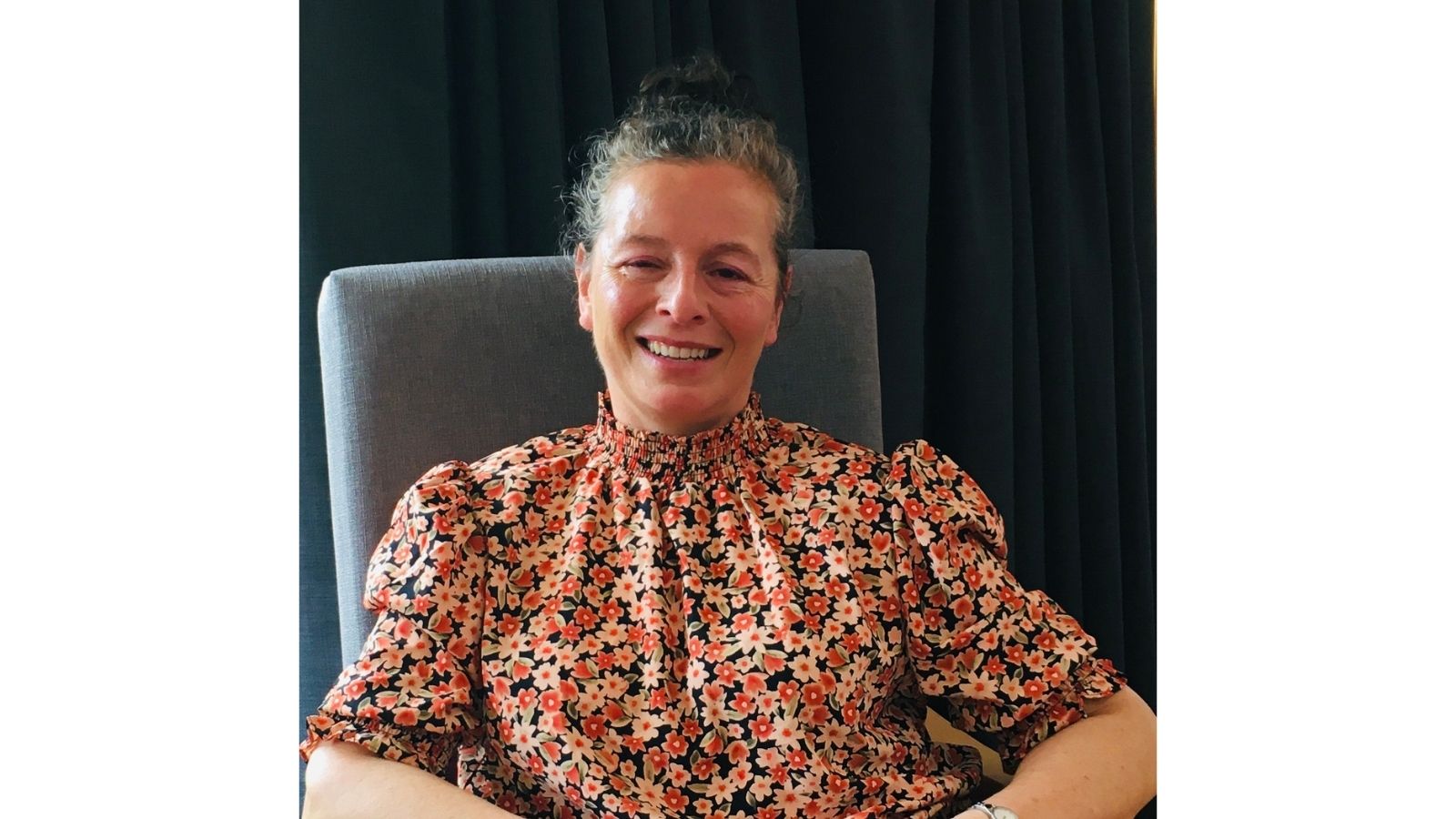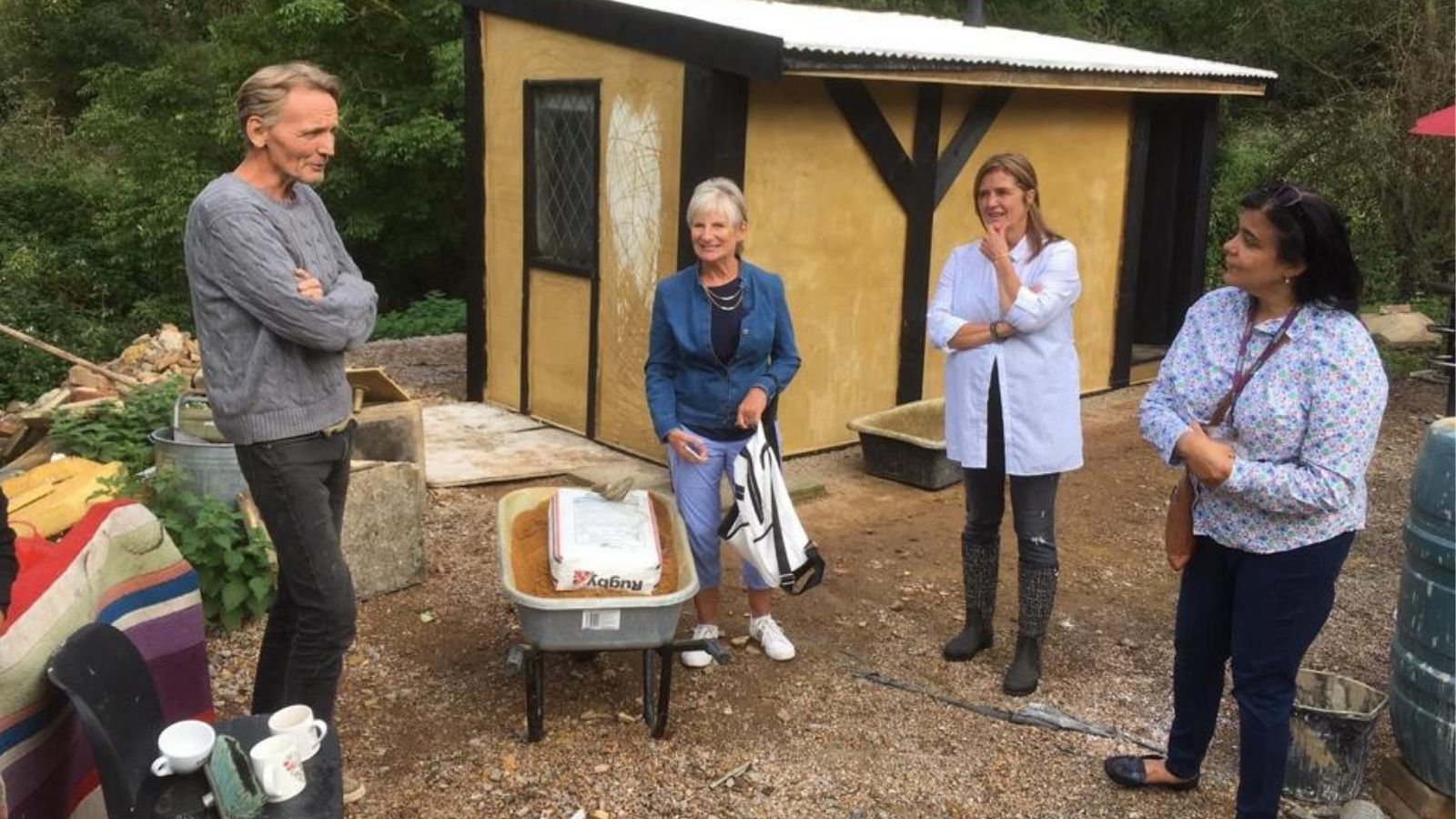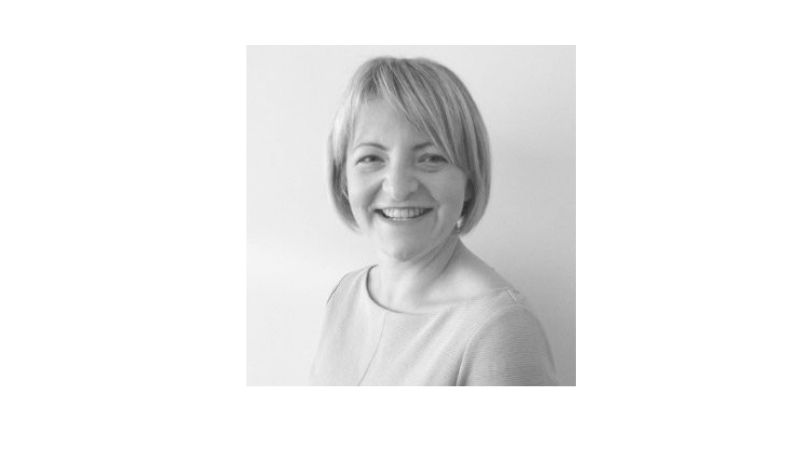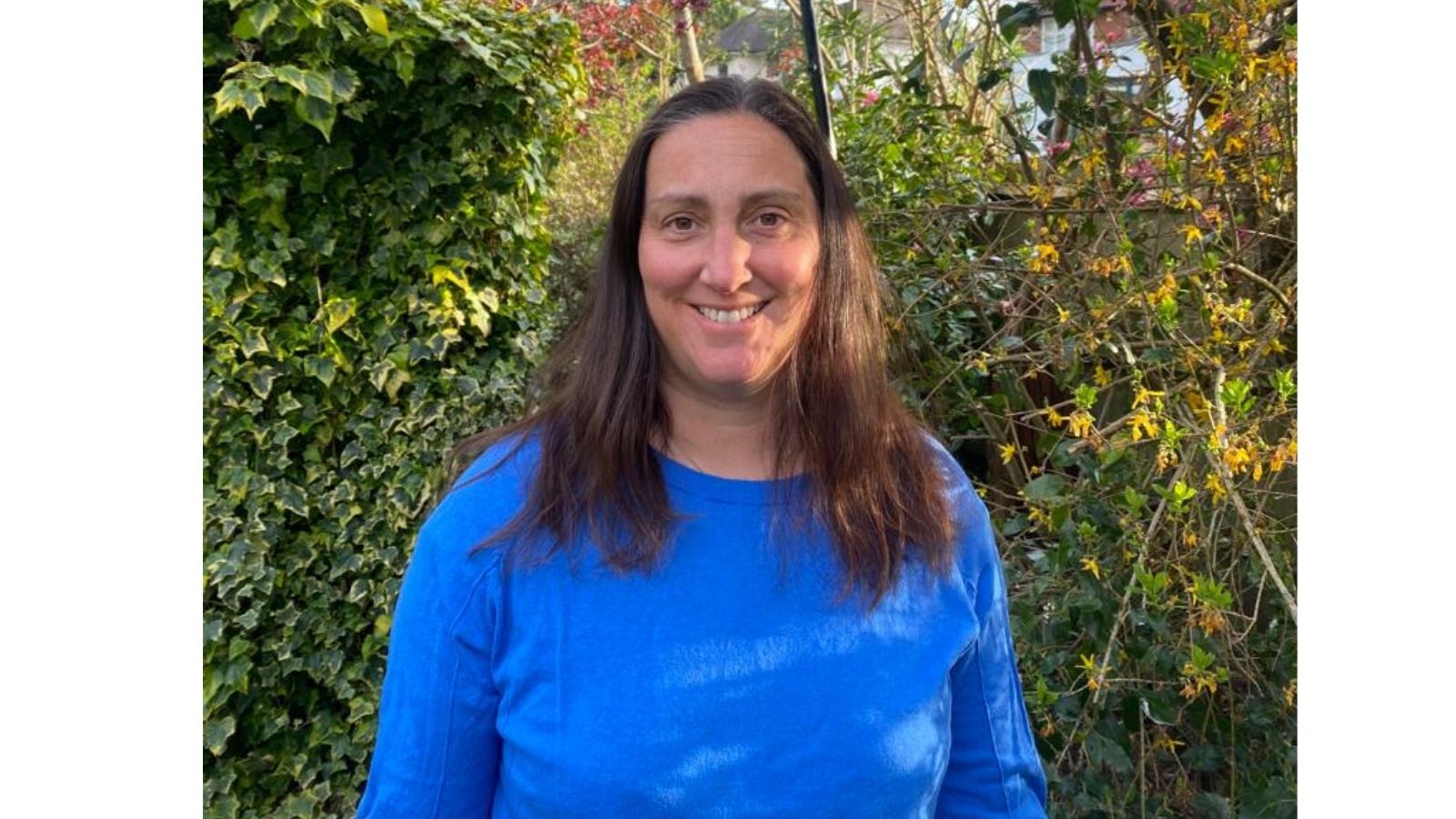Tracey Agnew has had a mixed background in working with the community. She’s worked in organisations supporting people with disability, homeless people, those who suffered domestic abuse, and in drugs and alcohol spheres. She came into community development around 2004 in Merstham. She’s now the Community Development Team Leader at Reigate and Banstead Borough Council and support the Community Development Worker in Horley, who works with Growing Health Together. And she highlights how, despite the statistics and the appearance, there are communities in leafy Surrey which have issues.
Getting voices heard
“We identified areas where community development could help,” she says. “We now work in six areas across Reigate and Banstead, supporting the community to get their voices heard. For them to be the initiators and owners of projects so that stuff is developed by the community rather than being done to the community.”
Growing Health Together marked a change in tone.
Primary Care
“For us, one of the real frustrations over the years that I’ve been doing the work has been lack of involvement from Primary Care. We’ve had some public health input, and we’ve had a bit of work with colleagues at Surrey County Council in adult social care. But Primary Care has been difficult for us to engage with. I can honestly say in the last six months I’ve met more GPs than I have in the 16 years that I’ve been doing this,” she says.
“That’s been incredible. It was great to see that Gillian was getting involved because our work is all about the wider determinants. Health has this incredible way into people because people are most likely to access their GP. And getting health on board, for me, is massive. It was great to see a project not just being supported by health but being initiated and being led by health.”
Gravity
According to Tracey, health had been an area that was hard to reach. It also has a gravity, and GPs are able to draw people in.
“Gillian has been amazing at kind of levering in very high-level people, which I think gets things noticed.”
That’s especially important for the sphere of health creation.
Spotlight
“We’ve worked very quietly, always being in the background, pushing the community forward,” says Tracey. “But it’s hard when you come to say what you’re doing, because what you’ve done is facilitate, help move things. So having more of a spotlight on the work is helpful because it’s that developing of a partner’s interest in what’s happening.” That interest has been immense, and stretched to Surrey County Council and beyond.
At a community level, Tracy has enough experience to be still unsure. Relationships are starting to be built, which adds an important dimension to the work around wider determinants of health. Public health sits away from people who live in an area.
Barriers exist around how different organisations organise and work. But people are fired up and there’s the added gravity to the importance of the work and the partnerships being formed, says Tracey.
Direction of travel
“We’re in a slightly different position in the borough because there’s been such a lot of work and such a lot of investment. It’s not like we’re hearing something new. It’s what we’re doing. So it’s a confirmation of the direction of travel – of moving from a ‘doing to’ world to ‘doing with’.
“It has also shown up what our internal barriers are. And there are some issues around duplication of work.
Tracey highlights managing expectations.
Built on relationships
“GPs are embedded in their communities,” she says. “It only works if it’s built on relationships.” That’s relationships with partner organisations and relationships with residents – with active residents and with marginalised residents.
And there’s already been a shift in energy. Tracey talks about the sense of invigoration in the volunteers at Horley food bank.
She highlights the re-imagining of a community centre to become a centre ‘for the community’.
Innovative thinking
“Now there’s more innovative thinking about how they can provide a space that’s welcoming and inclusive, that supports older people and isn’t just a waiting room for God. Things like that change the dynamic and the feel of a place. It feels like there’s more energy and there’s more interest in trying new things.”
What worries Tracey is the long-term and established inequalities that have persisted for generations, “Nothing’s probably going to change in three years, because we’re talking about a paradigm shift from the state looking after you to saying what will make your life better, what can we do to help you make that happen? I don’t think it will happen in a three-year empowerment project that someone comes and does.”
It’s a system “that’s quite often made people helpless so that we can help them,” says Tracey. That’s a change for the officers, those employed to do this, as well as residents.
Responsibility
“People rock up and join in, but they probably don’t want to organise it. They don’t want to take responsibility for it. They might not want to design it.”
Tracey suggests the notion of giving people ‘power’.
“We know that health inequalities can be affected by giving people power, but it’s not like we’re giving them this great gift.
“There’s a lot of work to be done. Some of those communities who haven’t had that experience are going to need a little more gentle hand-holding to get some experience of it.
“There’s good stuff that comes out of that. People are starting to re-evaluate our relationship as organisations in relation to our residents.”
Language
Part of that is the use of language. Tracey mentions a shift from the use of using the term ‘customers’.”They’re consumers of something we offer, but we quite often don’t give them sufficient agency in deciding what that offer is. It’s an exciting time, particularly for statutory organisations to be re-evaluating our relationship to the people that we serve.
“It’s challenging, but it’s also really, really exciting.”




